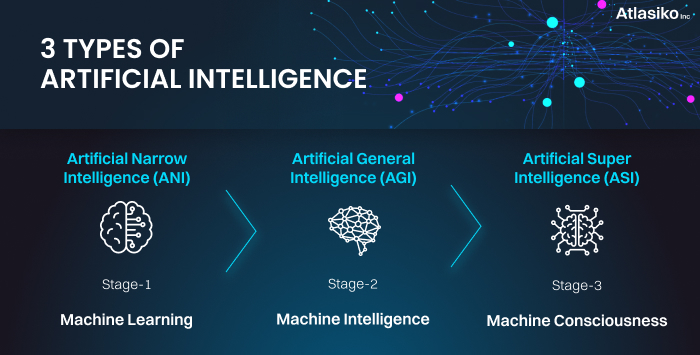The concept of Artificial General Intelligence (AGI) remains one of the most captivating yet contentious topics in the realm of technology and artificial intelligence. At the heart of the debate is the question of what exactly AGI is and how we can recognize its advent. Amidst a plethora of definitions ranging from Turing’s indistinguishable conversational abilities to modern-day practical tests like making a cup of coffee in any average home, the tech industry and academia seem to be at a crossroads. Notably, Jensen Huang, CEO of Nvidia, recently posited that AGI could be defined as a program capable of performing 8% better than humans on specific tests, such as bar exams or logic quizzes.

However, the quest for AGI is not just a technical challenge; it carries profound ethical and societal implications. This has been starkly illustrated by Elon Musk’s lawsuit against OpenAI, where a judicial court might be the one to officially stamp a definition on AGI based on whether GPT-4 exhibits signs of it. This scenario highlights the multi-dimensional nature of AGI - it is not just about building machines that think but also about how these technologies intersect with human values, laws, and societal norms.
Given the diversity of perspectives on what constitutes AGI, a critical question emerges: What practical benchmarks or criteria should we prioritize to guide both the development and ethical governance of AGI technologies? The answer lies in a balanced approach that considers technical capabilities alongside ethical considerations. On the technical front, AGI should be evaluated on its ability to perform across diverse tasks, adapt and learn efficiently, much like the human mind’s cognitive flexibility. From an ethical standpoint, it is imperative to develop AGI within a framework that aligns with societal values, ensuring transparency, accountability, and harm minimization.
The development of AGI thus stands at the intersection of technological innovation and ethical governance. As we advance, it becomes crucial to navigate this terrain thoughtfully, ensuring that AGI not only pushes the boundaries of what machines can do but also contributes positively to society. Balancing these aspects will be key to harnessing the full potential of AGI while safeguarding humanity’s interests and wellbeing. In this journey towards unlocking the mysteries of AGI, let us tread with caution, curiosity, and a deep sense of responsibility towards the future we wish to create.

